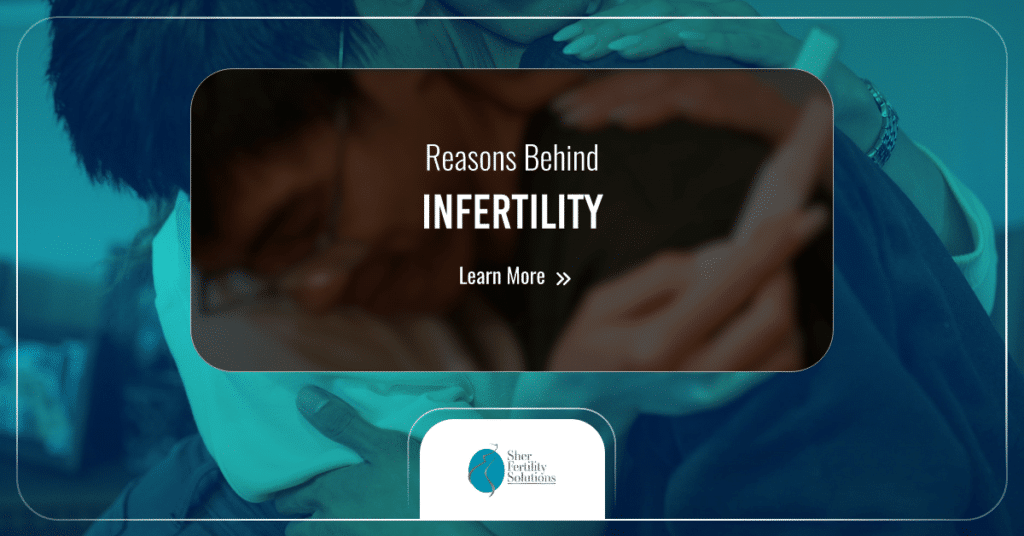Infertility refers to the inability to conceive despite engaging in well-timed unprotected sex for over a year. The complexities of infertility arise from various factors affecting both men and women, encompassing anatomical conditions, hormonal imbalances, and ovulation difficulties.
Shared Responsibility
Infertility doesn’t discriminate between sexes; roughly one-third of infertile couples attribute the issue to the woman, another third to the man, and the final third to both partners.
Female Infertility
The primary cause in women often involves damaged or blocked fallopian tubes, frequently caused by sexually transmitted diseases like Chlamydia and Gonorrhea or scar tissue from pelvic surgery. Conditions like endometriosis can further impair fertility by exposing eggs to toxic substances, reducing their chances of fertilization. Damaged ovaries may also hinder egg retrieval during ovulation.
Ovulation Problems
Abnormal ovulation, including conditions like polycystic ovarian syndrome (PCOS), can hinder fertility. Ovulation quality typically diminishes after 35 due to aging and decreased egg quality.
Uterine Abnormalities
Issues with the uterus, such as abnormal shape or scarring, can prevent embryo implantation. Some abnormalities may result from maternal drug exposure during pregnancy.
Cervical Mucus
In some cases, women struggle to produce quality cervical mucus, which is crucial for sperm transport. This issue may be due to infection, antibodies, or cervical surgery.
Male Infertility
Male infertility challenges are harder to pinpoint but can result from sperm duct blockages, vasectomies, varicoceles (vein dilation around the testicles), undescended testicles, and hormonal insufficiencies. Certain drugs and environmental chemicals can also inhibit sperm production.
Unexplained Infertility
Around 10% of infertility cases remain unexplained, but advanced diagnostics, such as IVF technology, are shedding light on hidden causes. Conditions like non-pigmented endometriosis or non-receptive uterine linings can be factors. Refer to our other blog post to learn more about how you can manage unexplained infertility in a rational approach.
In conclusion, infertility is a complex issue influenced by a myriad of factors in both men and women. Understanding these causes is crucial for diagnosing and addressing infertility, providing hope for couples seeking to conceive.
Ready to embark on your journey towards fertility? At Sher Fertility Solutions, we understand the complexities of infertility, and we’re here to provide the expertise and support you need. Contact us today for personalized fertility solutions tailored to your unique situation. Whether you’re facing known causes or unexplained infertility, let’s work together to turn your dream of parenthood into a reality.








